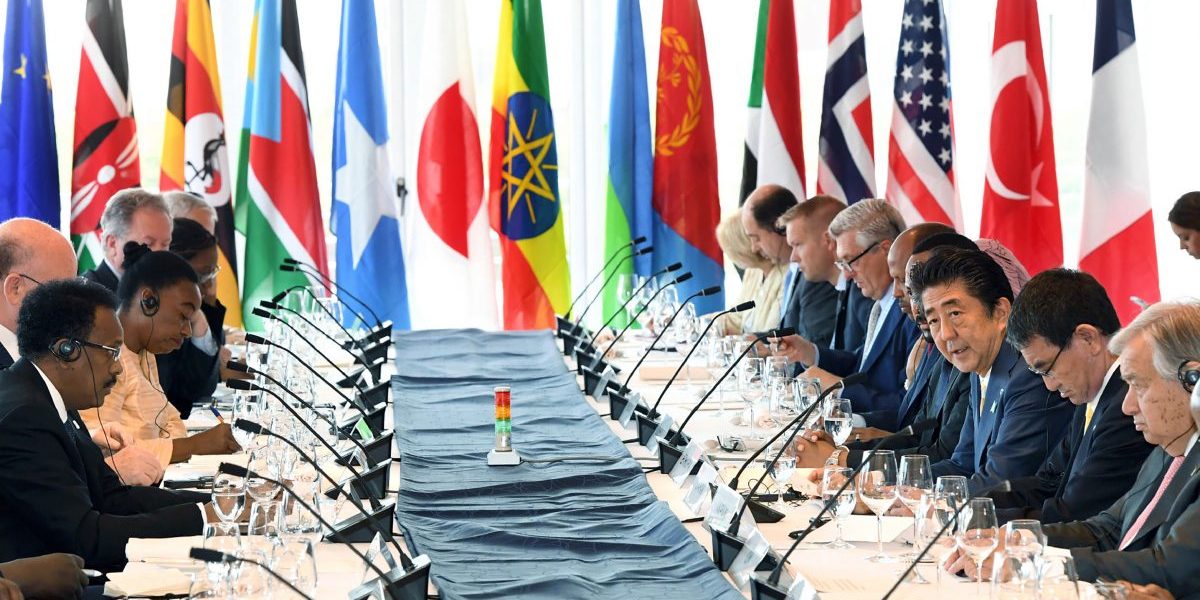Summary:
- Japan and China’s relationship with Africa is shaped through ‘Africa Plus One’ summits.
- TICAD and FOCAC have fed into Japan and China’s engagement with Africa in the G20.
- China played a key role in focusing the G20 more on development; a move shaped by its interaction with Africa.
- TICAD 7 showed that Japan’s cooperation with Africa is increasingly driven by the private sector.
- The 2019 G20 summit showed how Japan uses stipulations on quality infrastructure as a way to address Chinese influence in Africa.
- The competing visions of BRI and FOIP both require African participation and show how strategic calculations lead to closer alignment between G20 and Africa Plus One summits.








